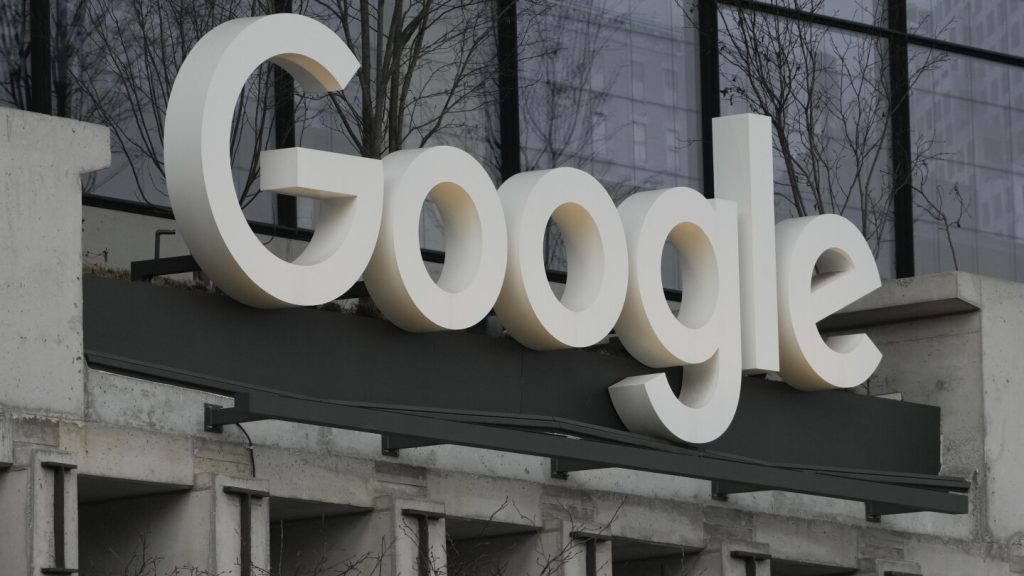Google has agreed to delete billions of personal records collected from over 136 million people in the U.S. using its Chrome web browser. This agreement comes as part of a settlement in a lawsuit accusing Google of illegal surveillance. The lawsuit alleged that Google was tracking Chrome users’ internet activity even when they were using the “Incognito” setting meant to protect their privacy. Google fought the lawsuit until a judge rejected a request to dismiss it, leading to a negotiated settlement that was disclosed on Monday. The terms of the settlement require Google to delete personal records and make privacy disclosures more prominent.
Consumers involved in the class-action lawsuit will not receive any damages or payments as part of the settlement. Google stated that it believed the lawsuit was meritless and that the data being deleted was not associated with individuals or used for personalization. However, the attorneys representing Chrome users saw the settlement as a victory for personal privacy, valuing it at billions of dollars in terms of potential ad sales that could have been generated through the personal information collected by Chrome. The settlement also does not protect Google from future lawsuits on similar issues, allowing individual consumers to pursue damages through civil complaints in state courts.
Despite the settlement terms, investors seem unconcerned about its impact on Google’s digital ad sales, which make up a significant portion of the company’s revenue. Shares in Google’s parent company, Alphabet Inc., rose after the disclosure of the settlement terms. Legal experts see the settlement as a positive development for data privacy issues and believe it could lead to changes in the way personal information is collected online in the future. The deletion of data and increased privacy controls could have a significant impact on products reliant on such data sets.
Google is still facing other legal challenges that could have a greater impact on its business. The U.S. Justice Department has accused Google of abusing the dominance of its search engine to stifle competition and innovation, with a ruling expected in the autumn. Additionally, potential changes to Google’s app store for Android smartphones could affect its revenue from commissions, following a jury’s conclusion that the company was running an illegal monopoly. A hearing to discuss possible revisions to Google’s Play Store is scheduled for later this year. Despite these challenges, Google’s market value remains strong, reflecting investors’ confidence in the company’s ability to navigate legal issues.


